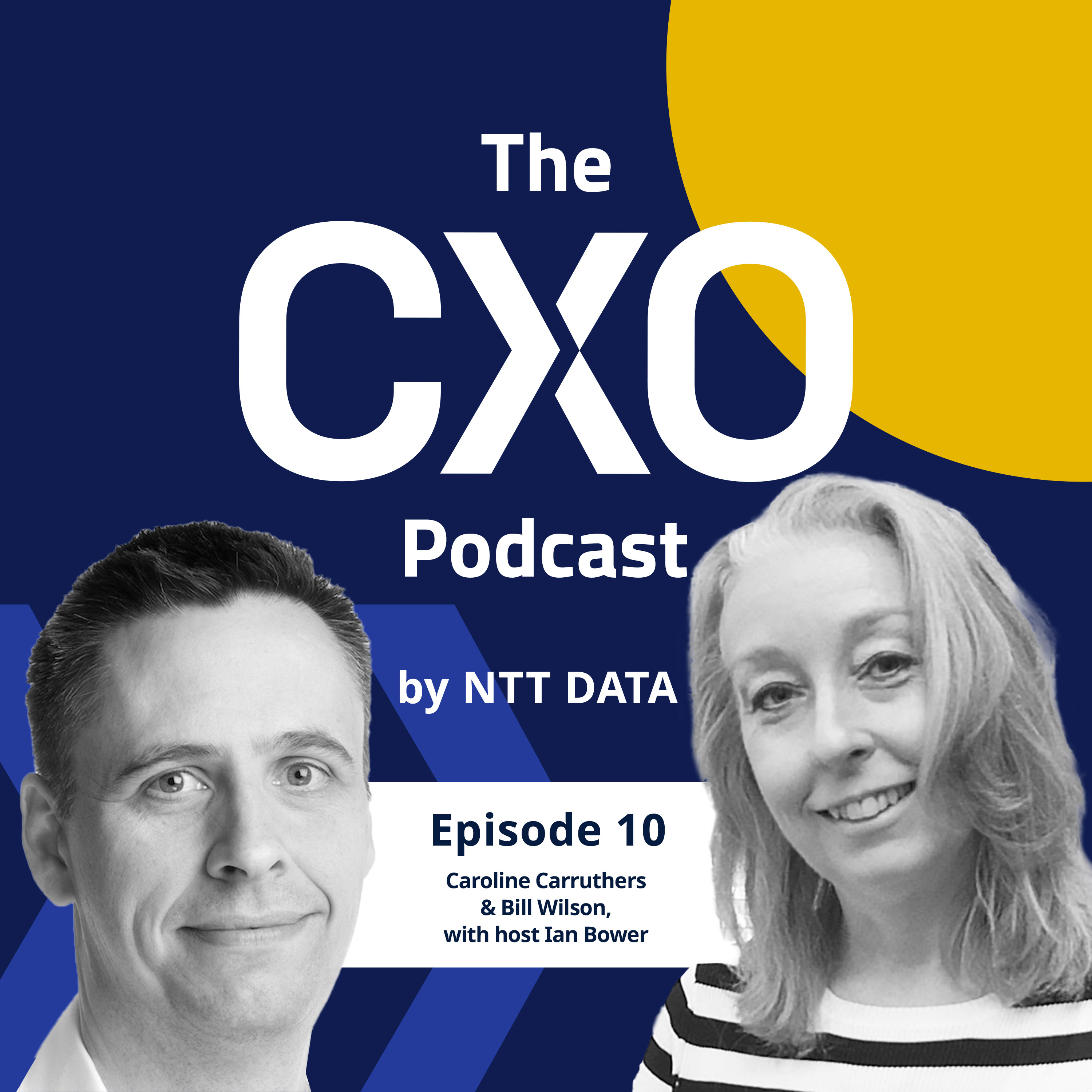
The ideas of author and mathematician Nassim Nicholas Taleb centre on the imperative to change the way we do business, and the way we live, in a networked world. During a recent conversation I had with him, he asked: “Could the pandemic have been predicted? Why do we continue to plan the future based on our presumed knowledge when the unknown always modifies our lives?”
The reason we try to plan for events beyond our control is, simply, human nature. We want to focus on what we know, to prepare for what we understand, and we often ignore what we cannot predict or expect. However, today unpredictability and uncertainty are perhaps the only constants.
Change and disruption are certain. They are also the foundation of Black Swans – a term coined by Taleb in his 2007 book about highly improbable (but hugely impactful) unforeseen events.
We ignored the signs and the warnings because the idea of a global pandemic was so distant that it seemed to be only the remit of board games and disaster movies. Yet, as the world moves into a new way of operating, adjusting to the virus’s impact, we need to find intelligent ways of preparing the business for the next unplanned event. And the answer to this lies in the data.
Data has to be considered an asset to the company; one that is managed as a tangible resource and that is recognised to be of value. For many companies, data is an amorphous, ill-defined concept, but this has to change.
There is no way to predict the next Black Swan event: the earthquake, flood, or pandemic that will next shake the foundations of the global market. But it is possible to ensure that your organisation is capable of being more reactive and agile – to be able to minimise the effects of the event on both operations and customers – by using a robust data strategy.
There is no way to predict the next Black Swan event: the earthquake, flood, or pandemic that will next shake the foundations of the global market. But it is possible to ensure that your organisation is capable of being more reactive and agile, of being able to minimise the effects of the event on both operations and customers, by using a robust data strategy.
Unlocking the value of your business intelligence
Through an effective data strategy, you can leverage the intelligence locked within the lakes and pools of information in the business, and bring value to the organisation. It may be hard to calculate this value, but in the long term, the right strategy will turn data into an asset, insights into decision-making tools, and uncertain events into an opportunity.
This strategy can also transform data from a stolid jumble of information into insights that can ignite innovation, moving beyond the boundaries of what the business thinks it understands into new opportunities and understandings.
For physical assets, working out the value is easy as it is represented by the difference between the purchase and sale cost. Valuing data is a much more involved process as there is no standard for associated costs and benefits.
To create value from the data, the business has to start with a data governance programme based on the continuous improvement of data quality. This is critical: good data quality can be used to reduce operating costs, improve understanding of customer behaviour, and create improved customer services.
Conversely, poor quality data can significantly limit insights and potentially lead to risky business decisions. What we need right now is the kind of data that can optimise business processes, transform architecture, reshape innovation, and develop models that are capable of mitigating risk.
The pragmatic approach to data strategy
A pragmatic approach to data strategy makes it possible to manage the impact of an unknown or unpredictable event. It allows the business to identify different impacts and related economic consequences. It also hands us the tools we need to dig down into customer behaviour, unpack the value of specific products and services, and achieve specific strategic objectives. Even the European Commission has embarked on its own ambitious data strategy programme to build a single market that can be used to promote cross-sector interoperability.
In the long term the right strategy will turn data into an asset, insights into decision making tools, and uncertain events into an opportunity.
At NTT DATA we approach data holistically. This way, we can leverage it intelligently to counter and mitigate the risks of any uncertain event. Our model follows four iterative phases that can be applied to any business and used to increase the value of its data.
The first phase is to consolidate existing data to define the information ecosystem’s foundations. This takes both IT and business needs into account and ensures that the existing data system is designed, improved and stabilised to meet preferences and allocate resources correctly.
The second phase is to qualify the data so that it becomes meaningful for the business. Here we work to increase information quality and develop a glossary that can be interpreted by all business lines.
After these two phases are finished, we can focus on developing targeted actions for specific business clusters. These can be specific customers or markets that would be more seriously affected by a Black Swan event. The next two phases are more strategic as they focus on empowering the business to make faster and more targeted actions.
Using the qualified data from the first two phases, assess what business processes need to be optimised, and if there are any organisational, compliance and technological constraints.
Then, in the final phase, we take an iterative approach that allows you to monetise the data and measure the costs and benefits of data as an asset. This also gives you the ability to define new service models to manage unexpected events and develop predictive KPIs that translate data into actionable insights.
In a context of high uncertainty and low predictability, the way we manage data allows you to counter and mitigate the risks induced by Black Swan phenomena, enabling you to monitor and control the exponential impacts generated by these events.
Using data to innovate without boundaries
Adapt. This is perhaps the most important word for any organisation right now. Adapt to change, adapt data to deliver strategically, and adapt the business to a new way of thinking.
This flexibility and agility can ironically be found within the rigorous management of data, allowing for innovative thinking, free from the traditional boundaries imposed by the business and its limited market understanding.
Adapt. This is perhaps the most important word for any organisation right now. Adapt to change, adapt data to deliver strategically, and adapt the business to a new way of thinking.
We believe that any organisation can pull immense value from the data and minimise the impact of an unpredictable event. Here are five key takeaways that will help you adapt your data strategy for the future:
Identify and isolate critical data,
Ensure that your data is cleaned properly (reliable and of high quality),
Ensure the metadata is complete and consistent, to get strategic value,
Adopt a data approach that suits your business needs, but focus on a more medium-to-long term approach for the best possible results, and
Monitor your indicators to ensure your data is correct, ensuring a return on your investment and improved decision making.
Data, done with strategic intent, frees the business from the expected by allowing it to see the unexpected and the potential that lies within.


































